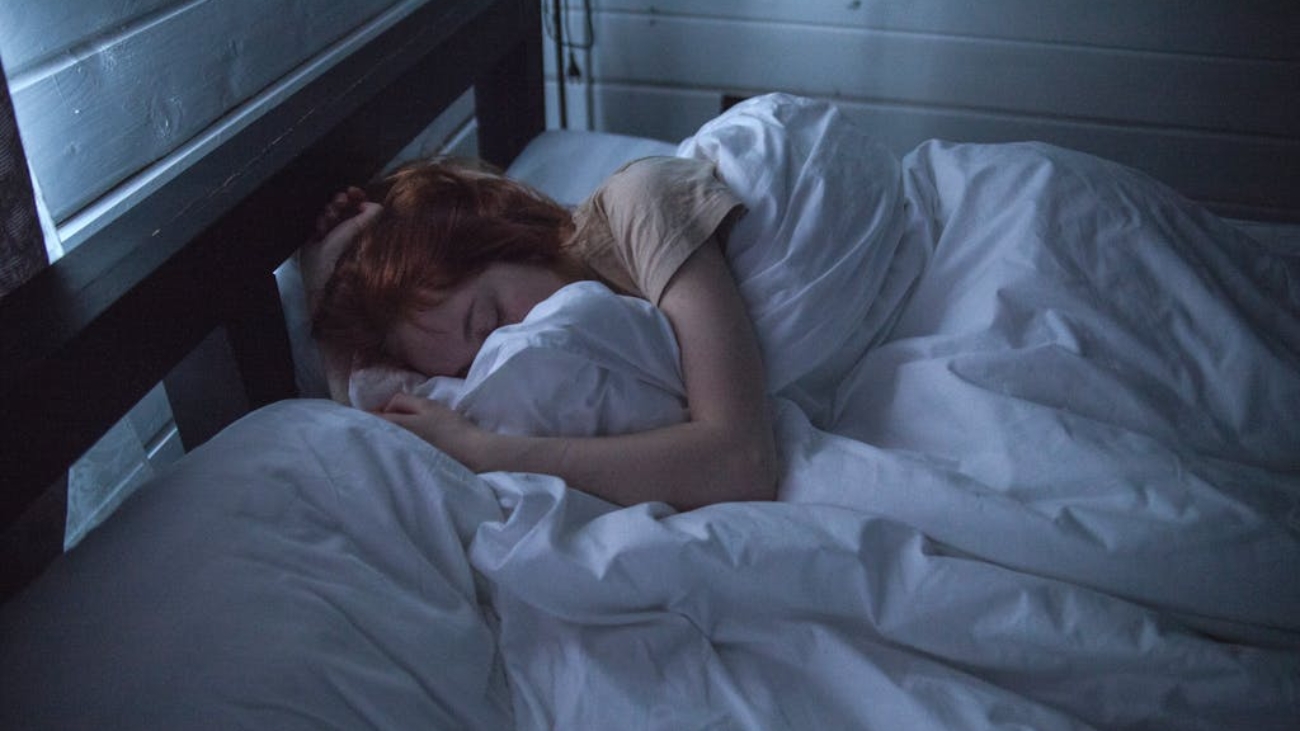Nighttime urination, also known as nocturia, is a common issue that affects many people, especially as they age. This illness can affect general quality of life and interfere with sleep. While there are medical treatments available, some people prefer to explore natural ways to manage nighttime urination. Here are some simple lifestyle changes and habits that may help reduce the frequency of waking up during the night to urinate.
Limit Fluid Intake Before Bed
One of the easiest and most effective ways to reduce nighttime urination is by limiting fluid intake in the evening. Try to drink most of your fluids earlier in the day, and avoid drinking large amounts of liquids within two to three hours before bedtime. This will help reduce the chances of your bladder filling up while you sleep.
Watch Your Caffeine and Alcohol Consumption
Both alcohol and caffeine have the ability to enhance urine output because they are diuretics. To reduce the frequency of nighttime urination, try to avoid drinks like coffee, tea, soda, and alcohol in the late afternoon and evening. If you do drink them, try to do so earlier in the day to give your body time to process the fluids.
Practice Bladder Training
Bladder training involves gradually increasing the amount of time between bathroom visits during the day. By stretching your bladder capacity, you can train it to hold more urine, which may help reduce the need for nighttime trips to the bathroom. Start by waiting a few extra minutes between visits and slowly extend the time as your bladder gets used to it.
Maintain a Healthy Weight
Being overweight or obese can put pressure on your bladder, which may increase the urge to urinate at night. Maintaining a healthy weight through a balanced diet and regular exercise can reduce the strain on your bladder and help manage nocturia.
Elevate Your Legs
For some people, nighttime urination is linked to fluid retention in the lower body. Elevating your legs during the evening can help reduce this fluid buildup. Try to elevate your legs for about 30 minutes before bedtime, which can encourage the fluid to return to the upper body and prevent excess fluid from reaching your bladder at night.
Do Kegel Exercises
Kegel exercises involve strengthening the pelvic floor muscles, which support the bladder and urinary tract. By doing regular Kegel exercises, you may improve bladder control and reduce the need for nighttime urination. These exercises can be done discreetly and are simple to incorporate into your daily routine.
If nighttime urination is disrupting your sleep, natural remedies like limiting fluid intake, avoiding caffeine and alcohol, and practicing bladder training can be helpful. Making these lifestyle adjustments can improve your sleep quality and help you manage nocturia more effectively. However, if the problem persists or worsens, it’s important to consult a healthcare professional to rule out underlying medical conditions.
